When grassroots connection meets digital innovation
Hundreds of small, under-resourced grassroots organisations across London work tirelessly to support and advocate for marginalised communities. While united by purpose, these organisations are often isolated - stretched thin by limited resources and disconnected from others facing similar challenges.
HEAR Network, alongside partners Inclusion London, Consortium and the Refugee Council, launched NetEquality to change that. Funded by the National Lottery Community Fund, the programme set out to explore how digital tools could foster collaboration, solidarity and more effective campaigning across the equality sector.
To ensure this innovation was having the intended effect, HEAR partnered with Makerble to evaluate the initiative’s impact - and understand how to take it further.
Turning complexity into clarity
The first step was to define a shared vision. Makerble facilitated a Theory of Change workshop with the four partner organisations, crystallising NetEquality’s purpose into four clear goals:
- Helping organisations become more effective by being better resourced
- Designing services that meet the intersectional needs of marginalised people
- Strengthening collaboration between partners
- Creating new, independent ways for grassroots groups to work together
Armed with this clarity, the evaluation process included interviews and a focus group with frontline organisations, an ethnographic approach, and one-to-one conversations with partners. These insights formed a robust, evidence-based picture of where NetEquality was succeeding — and where it needed fine-tuning.
What we found
For grassroots organisations, NetEquality was overwhelmingly positive. Participants felt genuinely listened to and connected with like-minded peers. While the flagship NetMapping tool had teething issues — especially around usability and accessibility — the idea itself struck a chord. Participants appreciated the vision of a central hub where they could find partners, share opportunities, amplify their campaigns and better serve their communities.
For partners, the journey was more complex. Initial enthusiasm gave way to frustration, largely due to a lack of shared direction and uneven communication. But things changed when a project coordinator was hired and Makerble introduced the Theory of Change. From that point, momentum built, and collaboration became more constructive.
The impact
While some features (like the NetMapping tool) are still evolving, the programme left a lasting mark:
- A stronger sense of solidarity among grassroots organisations
- New technical and advocacy skills among participants
- Cross-organisational conversations that sparked fresh ideas and collaborations
- A clearer, shared vision of what digital campaigning and solidarity could look like
Participants left feeling seen, heard and empowered. Many said their involvement gave them the confidence to advocate more strongly for accessibility and inclusion in their own work.
Looking ahead
NetEquality has huge potential — and the evaluation showed there’s a strong appetite for its continuation. Makerble’s report outlined a clear set of next steps: refining the tool with specialist digital support, aligning expectations across partners, and building on the goodwill that now exists within the network.
Above all, the project revealed this: true collaboration across the equality sector doesn’t begin with technology. It begins with trust, shared purpose and a belief that we are stronger together. NetEquality, with the right investment and direction, is poised to be the platform that brings that belief to life.

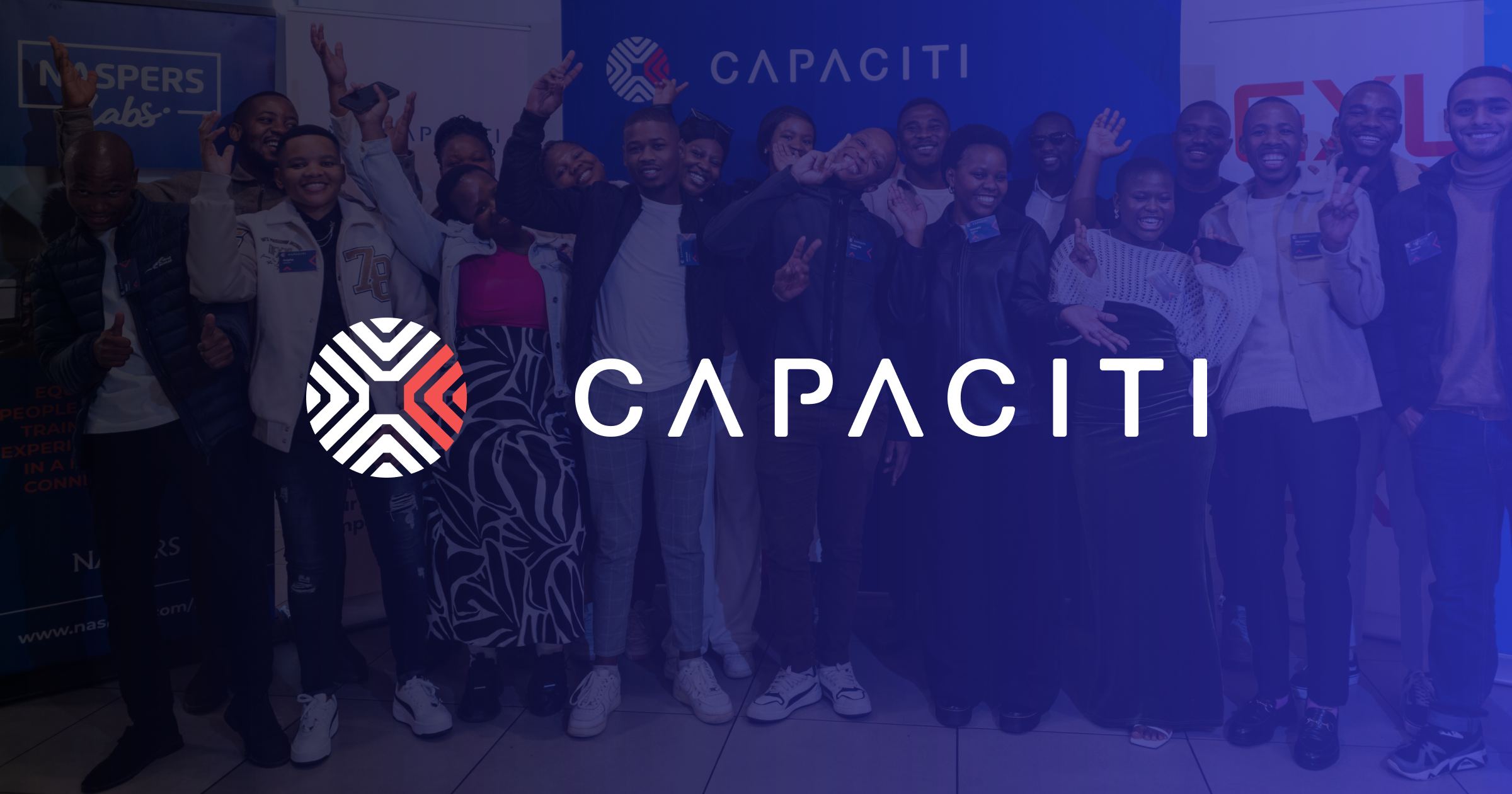
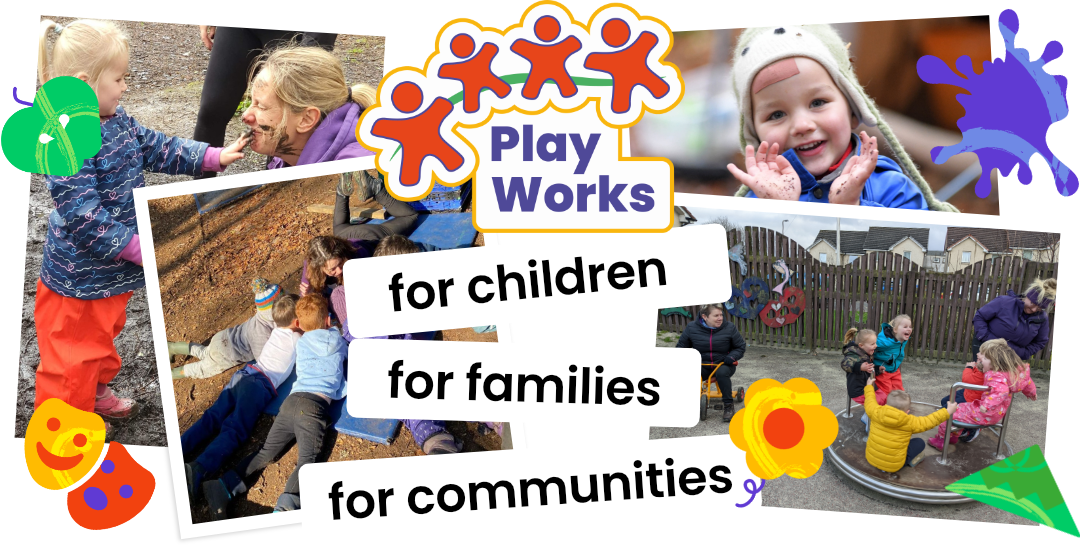

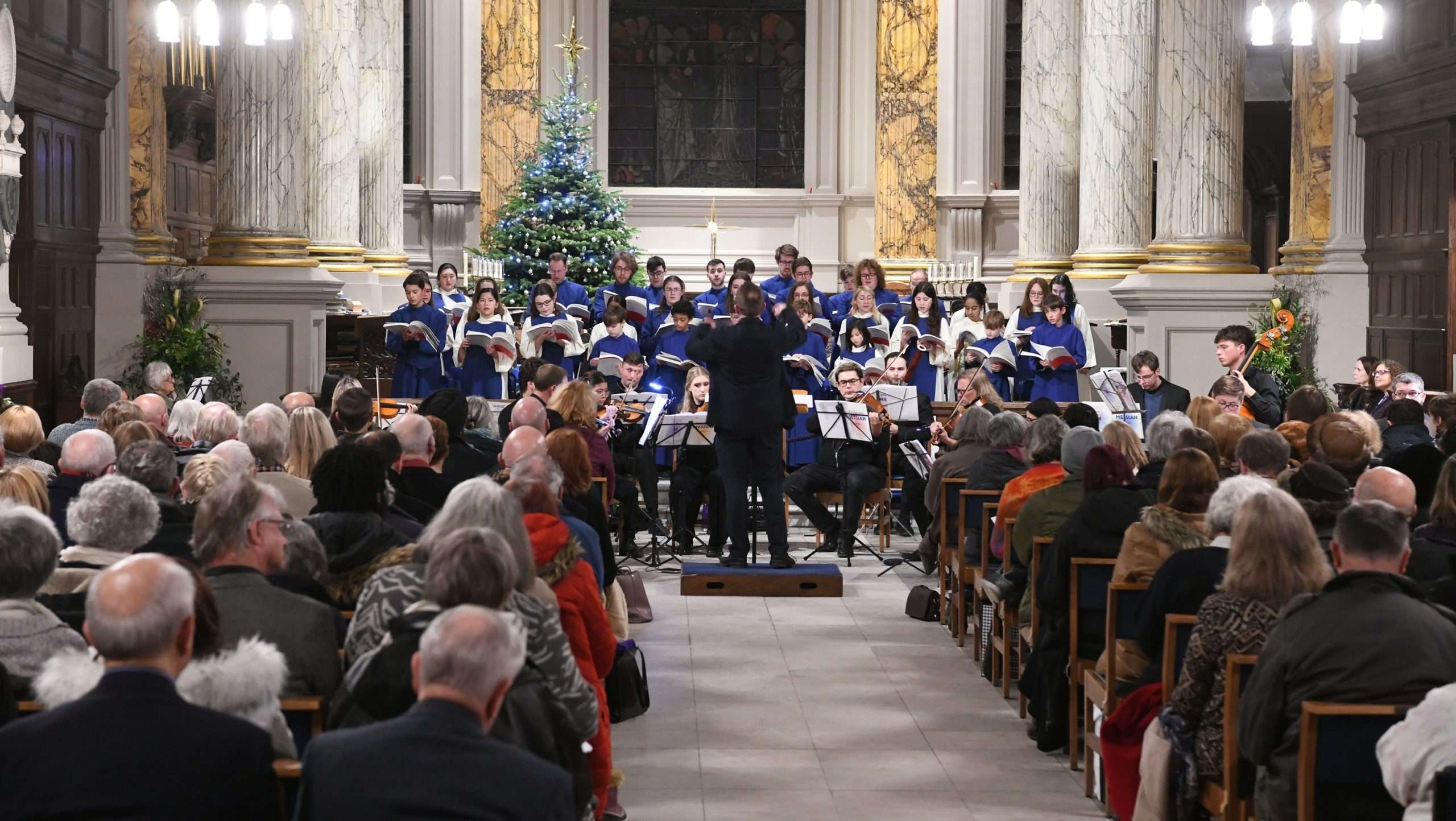








.jpg)
.jpg)
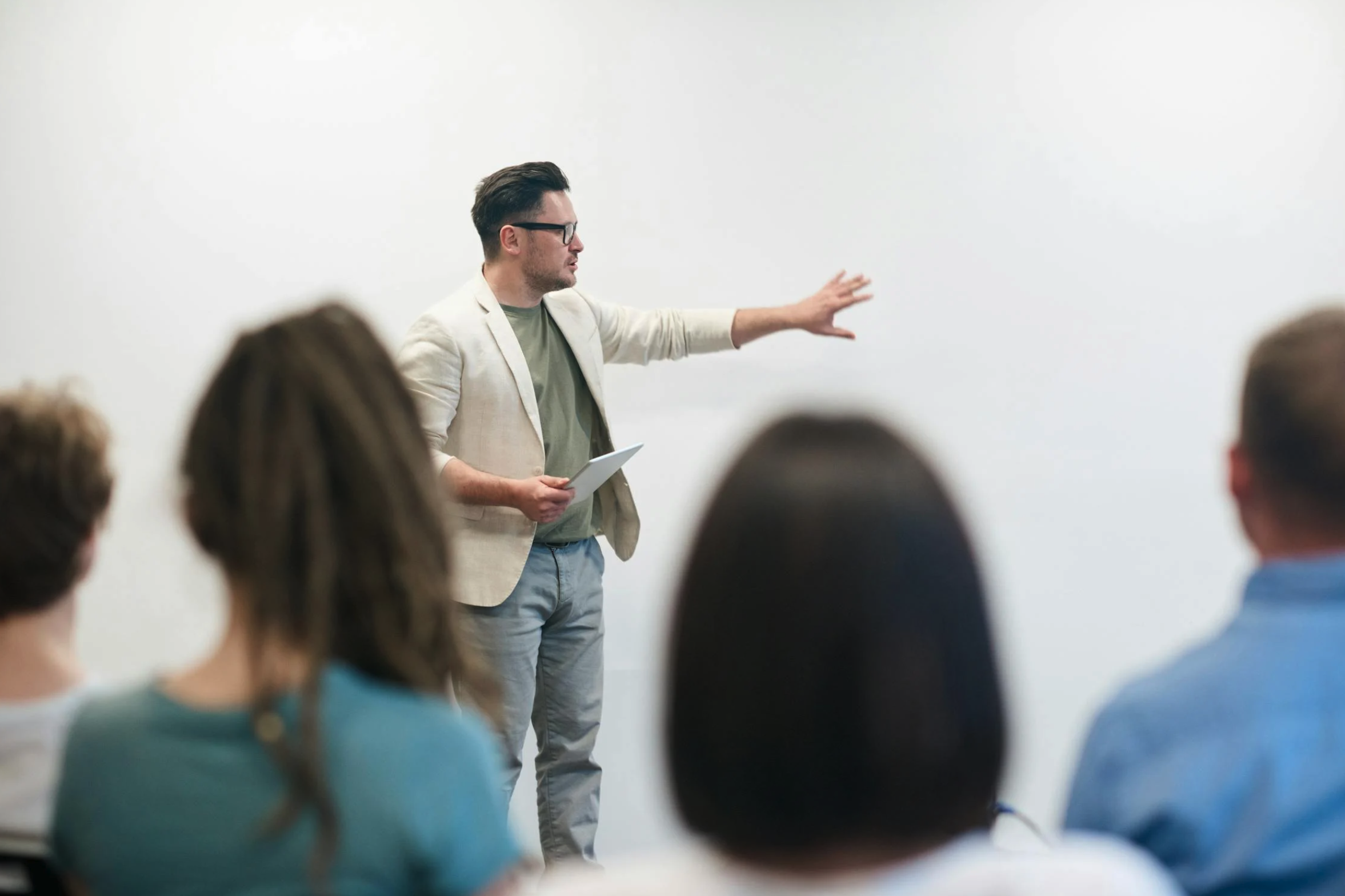
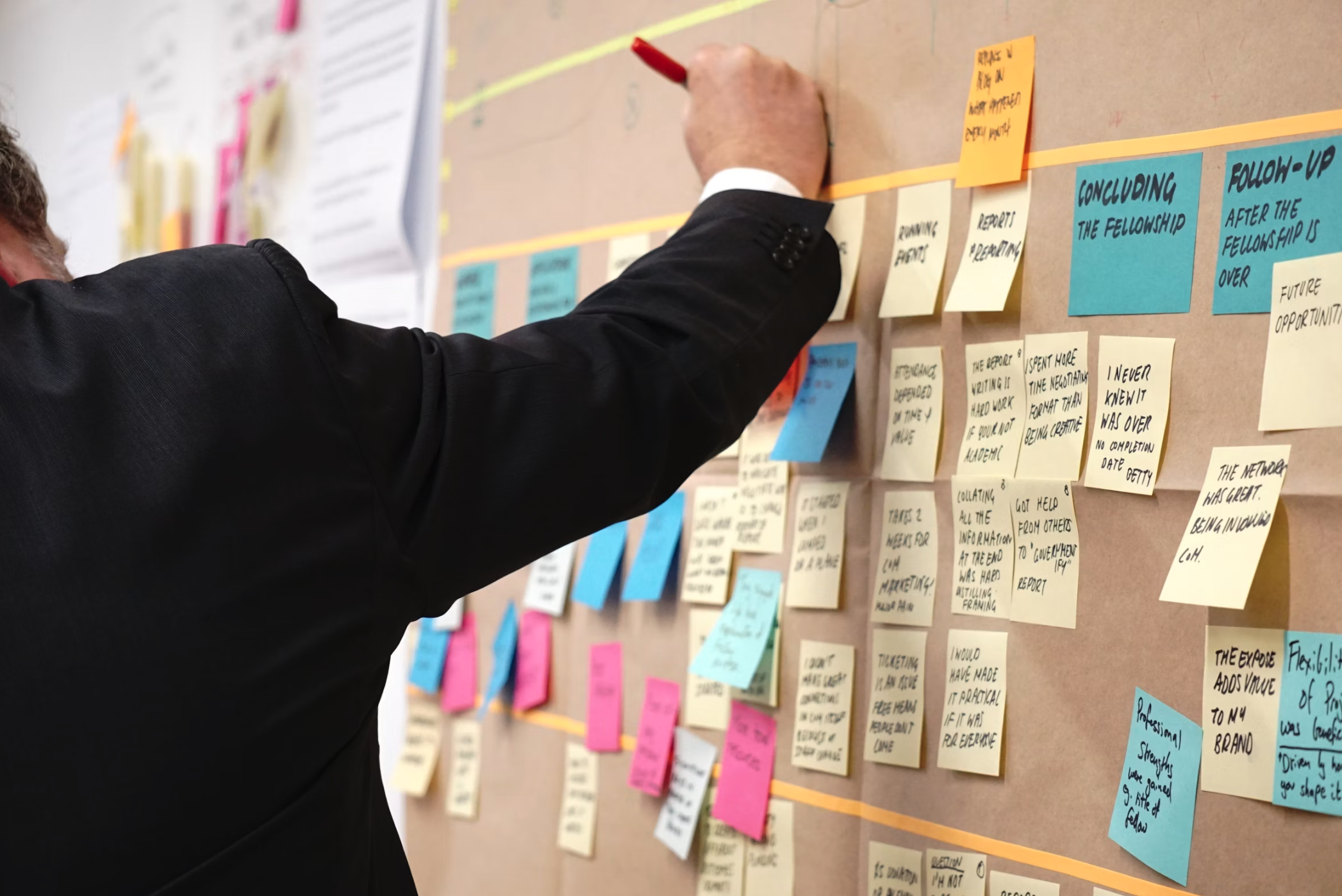
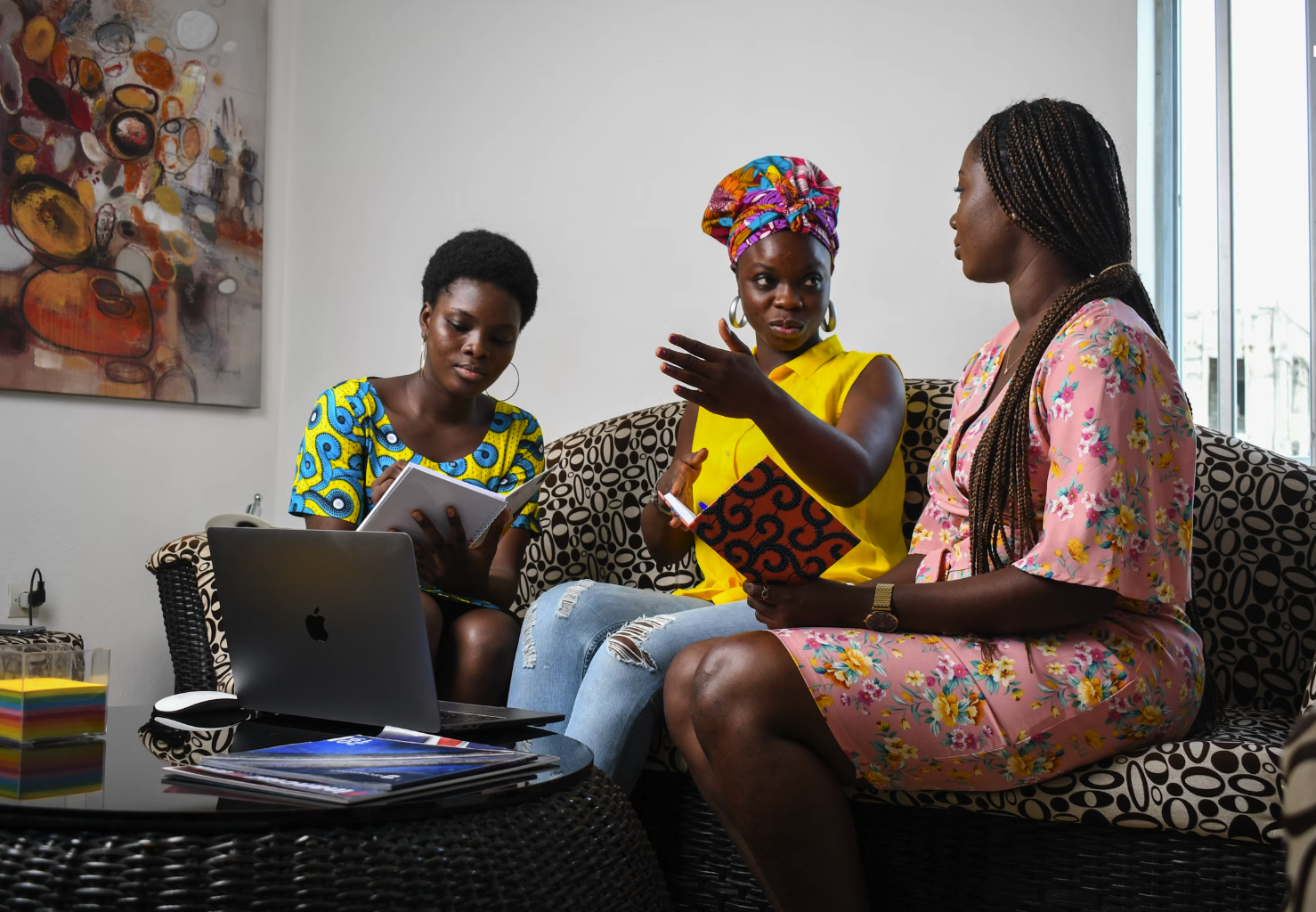





.png)


.png)






.png)

%208.png)





%20(1).png)


.png)

